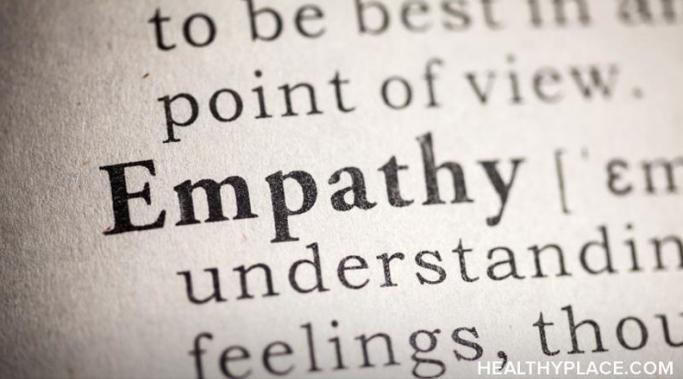Negative emotions are a part of life, but why are they important? Nobody wants to feel sad, lonely, angry, anxious, worried, or fearful. Often, people don't understand the purpose of emotions they perceive as bad, and they want to get back to feeling good. The problem with labeling our emotions as "good" or "bad" is that we may assume our negative emotions do not serve a purpose, are purely unhelpful, and should be avoided at all costs. The truth is, our negative emotions have positive life lessons for us if we know how to attune to them properly.
Feelings and Emotional Intelligence
You can increase your level of being present by making yours a feng shui home. Feng shui (pronounced ‘fuhng SHWAY’), a Chinese tradition that involves arranging a physical environment for the best energy, seems mystical and even scary to those who haven’t learned about its principles, but feng shui boils down to essentially a healthy dose of common sense as well as a set of mindfulness practices to choose from.
Tough times are a natural part of life, but you can increase your resilience to make getting through them easier. Although biology plays a role in our susceptibility to mental health symptoms, we are not wholly at the mercy of our genetics. Several personality attributes contribute to a person's ability to withstand adversity. What's more, we can increase our resilience by engaging in an intentional practice of optimism.
Is one of your goals for 2019 to overcome fear? Everyone experiences fear and anxiety at times, but these emotions can create significant distress. Often, people allow their fear to stop them from doing things that are important to them. We must reconcile our relationship with fear, so it doesn't keep us from living the life we desire. That's why I use one simple skill to help me overcome fear.
Recently, I began to wonder if my medication is an emotional crutch. An emotional crutch is something that one relies on during a period of difficulty. But is using medication as an emotional crutch really that bad?
Setting healthy boundaries is an essential element of relationships but navigating the implementation of boundaries can be intimidating. A therapist once said to me, "We teach people how to treat us." Those words stayed with me. Once I understood that I teach people how to treat me based on what I will and won't tolerate, I felt empowered and began setting healthy boundaries in my relationships.
Conflict resolution skills are important because interpersonal conflict can be tricky, but there are simple skills you can use to resolve conflict with ease. Recently, I employed my best conflict resolution skills when I accompanied my sister to her wedding dress fitting. Anyone who has planned a wedding knows how stressful it can be. There is so much pressure to put it all together, and emotions can run high. It is helpful to expect some conflict and to be prepared to use healthy conflict resolution skills.
You most likely experienced a trauma trigger if you have ever experienced a strong emotional response to a person or event that seemed disproportionate to the situation. Most people experience trauma triggers, often without conscious awareness. When we don't know how to identify our triggers, they can interfere with our happiness. A trigger occurs when you encounter someone or something in your environment that reminds you of a traumatic experience from your past. It doesn't have to be a significant trauma. Any reminder of a painful event you haven't fully resolved might manifest in your life as a trigger, and it can limit your ability to create happiness.
Can a pet help with depression? Although emotional support animals are well known for supporting mental health, having a house pet also helps with mental illnesses like depression.
Using sensitive suicide-related words can uplift those who are struggling; conversely, insensitive words, however well-intended, can cause further pain. Most people often find great difficulty in discussing suicide; especially in these delicate situations, suicide-related words exert immense power.









